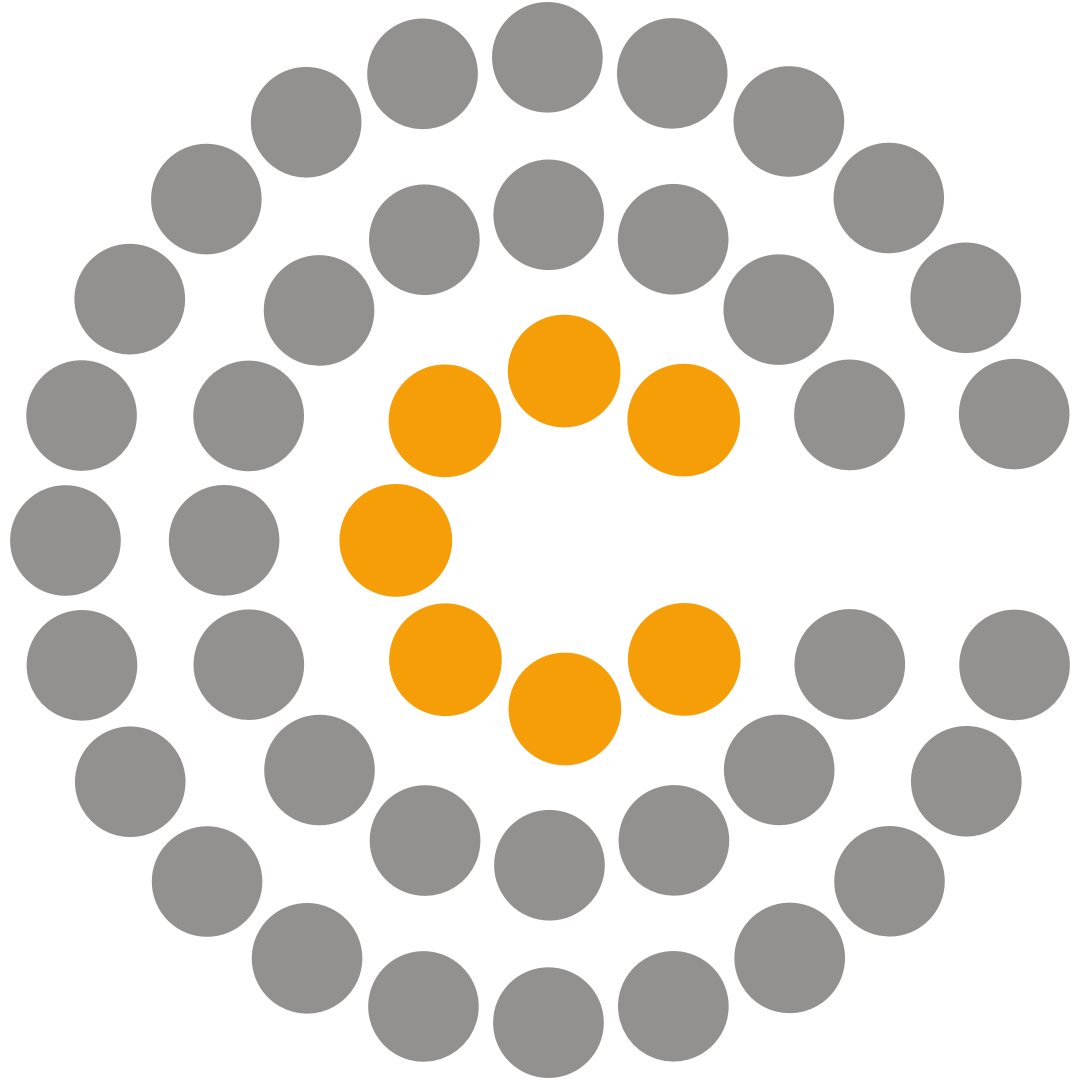All About Habits
- Feb 9, 2024
- 3 min read
Updated: May 2, 2025

Scientists have done a lot of work in recent years on habits – what they are and how and why we develop them.
One thing they’ve discovered is that our brains are useless at telling the difference between a good habit and bad habit.
That’s because, as far as our brains are concerned, habits are useful simply because they’re mental shortcuts. They save us the effort of having to think about and make decisions about all the thousands of things we do every day.
Instead, habits enable us to do a lot of things on auto-pilot – without making value judgments.
Our morning routine. Our evening routine. Our how we talk and listen to people routine...
The habit pattern
All habits follow the same pattern.
As soon as the brain gets the right cue it automatically triggers a mental response – a craving – which in turn prompts a physical action – a response – that will lead to a guaranteed reward of some kind.

For example, we see a tasty snack (cue). Our brain tells us to eat it (craving) because it knows that when we do (response) we get pleasure (reward).
Or when we get home from work (cue) our brain tells us to slump in front of the TV (craving) because it knows that when we do (response) we’ll experience relief and relaxation (reward).
This pattern works for both good and bad habits. The difference is not in the process but the outcome.
Put simply, a bad habit gives short term gain but long term pain, while a good habit gives the opposite – short term 'pain' (often in the kind of effort or self-denial) but long term gain.
‘We first make our habits, and then our habits make us.’ John Dryden
With the snacking habit, for example, we get short term gain for (often) long-term weight gain – which is a pain.
We might know consciously that putting on weight is the accumulated effect of this snacking habit – but habits work below the level of the conscious mind. They're automatic.
It's like running on tracks – which is why they can be so hard to change.

But that works in a positive way too.
Good habits
If we develop the habit of exercising, say, even when our conscious mind is telling us that we don’t want to – that it takes effort or it’s too cold and wet for our daily run – we exercise regardless. Short term pain, maybe, but long term gain – in better health and fitness.
So the key to developing a good habit is to apply this pattern of
cue – craving – response – reward
– to any aspects of your behaviour that you want to make habitual
AND KEEP REPEATING IT!
The repetition bit is essential, as it's your conscious mind 'training' the wiring in your brain to fire in the right order until it becomes automatic.
‘A slight change in your habits can guide your life to a very different destination.’ James Clear, Atomic Habits
That's how and why this course will work for you – but there's no avoiding the fact that it's a challenge.
Ditching bad talking and listening habits and developing better ones isn't easy. It takes awareness, application, commitment – and repetition.
A little something every day.
BUT THINK OF THE REWARDS!
Watch this short video for an excellent explanation of how you can succeed.




Comments